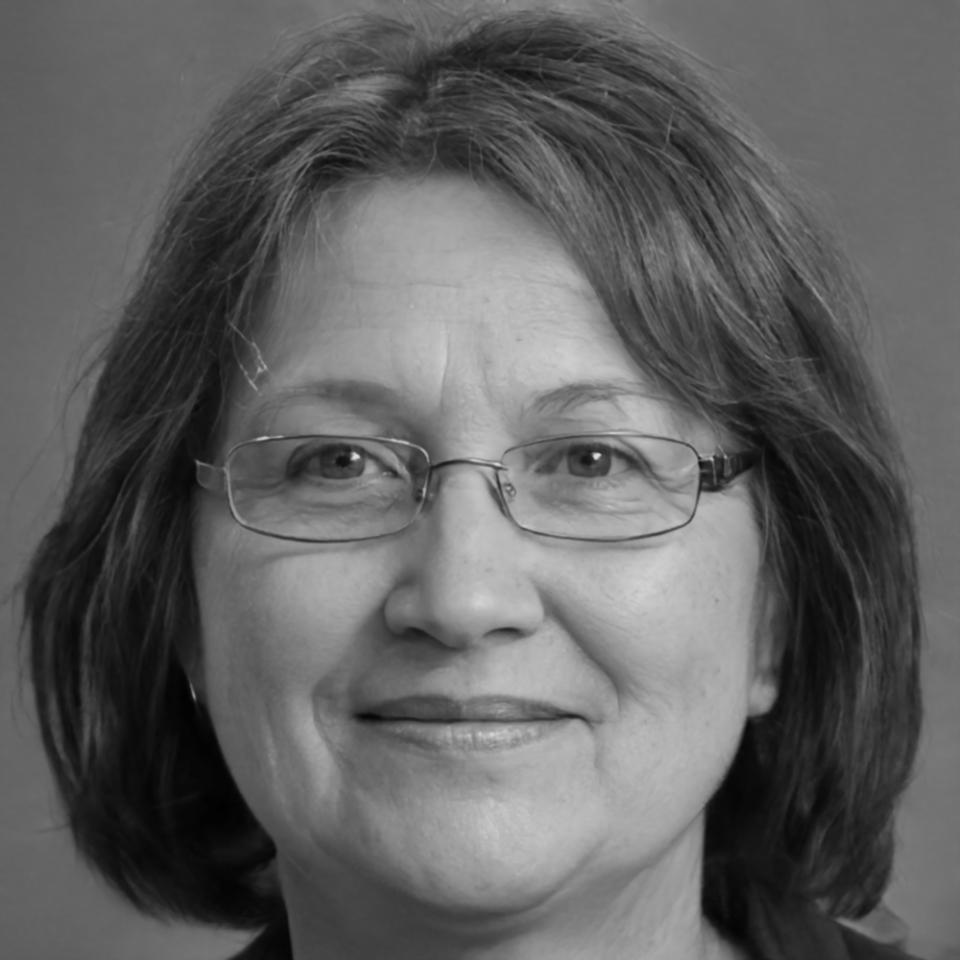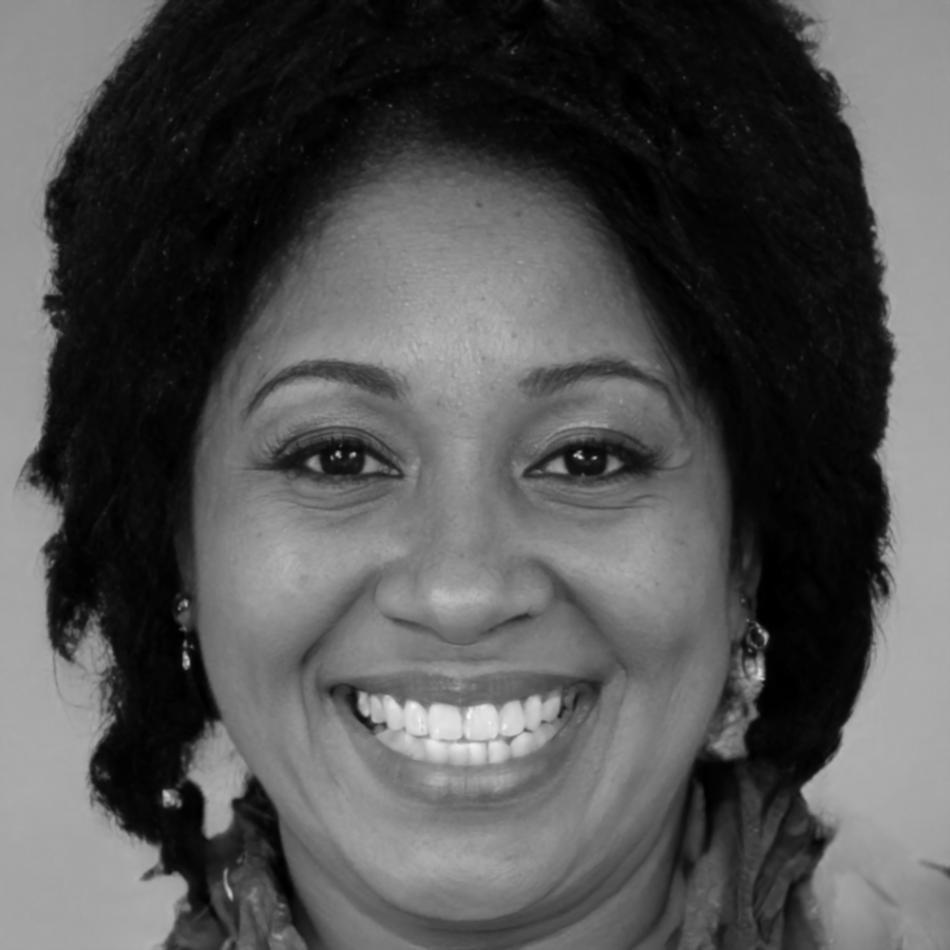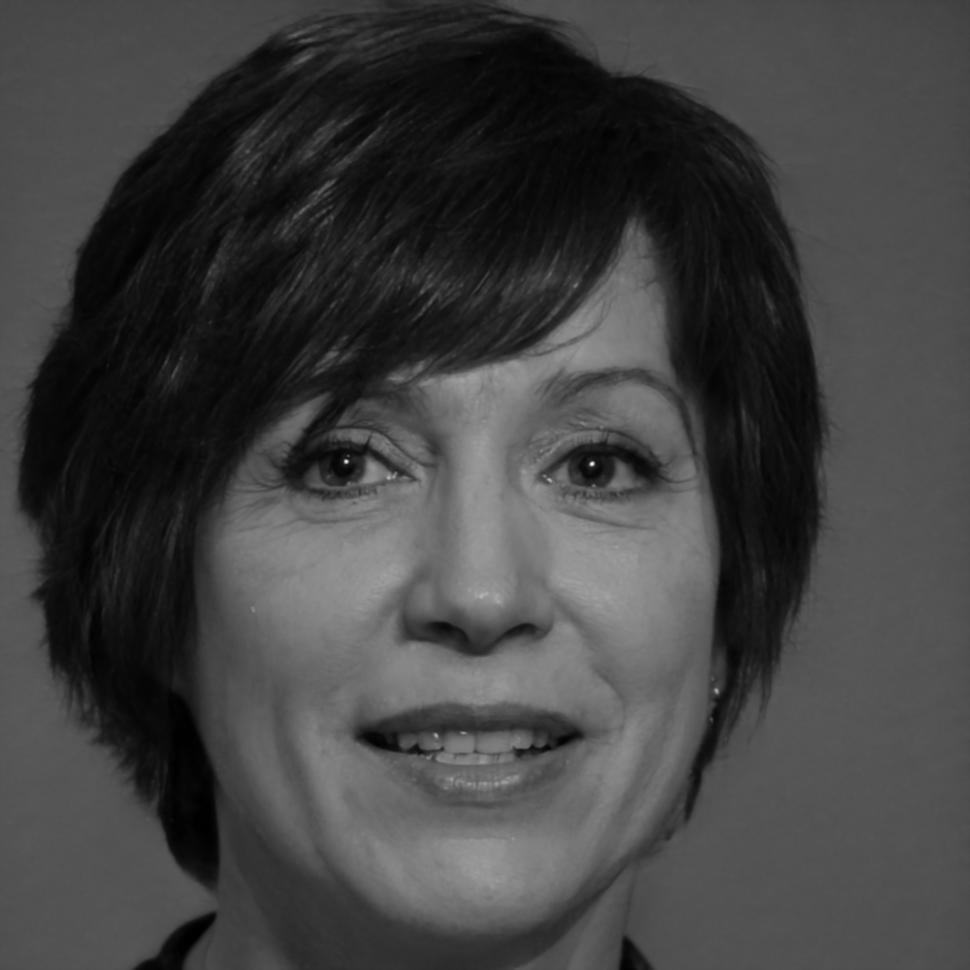Build Financial Clarity Through Smart Progress Measurement
Most business owners track the wrong numbers. They watch revenue climb while cash flow dwindles, or focus on growth metrics that don't actually predict stability.
Our program teaches you how to measure what truly matters—and how to spot warning signs before they become emergencies. You'll learn practical techniques used by Australian businesses that weathered economic shifts because they knew exactly where they stood.
Starting September 2026, we're running six-month cohorts for professionals who want to move beyond basic bookkeeping into strategic financial understanding.
Request Program Details
What You'll Actually Learn
We break down complex financial measurement into digestible monthly modules. Each one builds on the last, so by February 2027 you'll have a complete system you can apply immediately.
Foundation Metrics That Matter
Forget vanity metrics. We start with the numbers that actually predict business health: operating cash runway, customer acquisition cost ratio, and gross margin trends. You'll set up tracking systems that take under an hour per week.
Months 1-2Spotting Patterns Before Problems
Learn to read financial data the way experienced CFOs do—looking for subtle shifts that signal bigger changes ahead. We use real case studies from Orange and regional NSW businesses that caught issues early.
Months 3-4Building Your Dashboard
By month five, you'll create a personalized measurement dashboard that fits your specific business model. No cookie-cutter templates—just the metrics that help you make better decisions faster.
Months 5-6Forecasting Without Guesswork
Simple forecasting techniques that don't require a finance degree. You'll learn how to project cash needs for the next quarter with surprising accuracy, using methods that adapt as your business changes.
Months 2-3Benchmarking That Makes Sense
Industry averages can be misleading. We teach you how to find relevant comparisons and use them wisely—knowing when you're genuinely falling behind versus when your business just operates differently.
Months 4-5Communicating Numbers to Others
Whether it's your team, investors, or lending partners, you'll learn how to present financial data clearly. The goal is confidence in conversations where numbers come up—and they always come up.
Month 6How We Actually Teach This
Lectures don't stick. We know because we tried that approach first and watched participants forget everything within weeks.
Now we use a hands-on method where you work with your own business data from day one. You'll spend time analyzing real numbers, discussing what you're seeing with peers, and adjusting your approach based on what works.
Monthly group sessions happen online (we're realistic about travel from regional areas), but the real learning happens in the work you do between meetings.

Monthly Deep Dives
Two-hour sessions where we tackle one measurement topic thoroughly. You'll leave with specific tasks to complete using your own financial data before the next meeting.
Peer Review Sessions
Small group calls where you share what you're discovering in your numbers. Other participants ask questions that help you see blind spots. It's surprisingly valuable.
Expert Office Hours
Twice monthly, you can book 20-minute slots with our instructors to troubleshoot specific challenges. Bring your actual data and get practical guidance on your real situation.
Who's Teaching This Program
Our instructors have worked through economic downturns, scaling challenges, and cash flow crises. They teach from experience, not theory—which means they'll tell you when textbook approaches don't match reality.

Amara Sinclair
Financial Systems Specialist
Spent twelve years helping regional businesses set up measurement systems that actually get used. Known for explaining complex ratios in plain language and catching calculation errors before they compound.

Callum Devereaux
Cash Flow Analysis Lead
Former banking analyst who switched to teaching after seeing too many viable businesses fail due to poor financial monitoring. His specialty is helping you understand what your cash flow patterns are actually telling you.

Isla Pemberton
Forecasting Methods Instructor
Teaches the forecasting module with a focus on practical accuracy over perfect precision. She's particularly good at helping participants understand when their projections are reliable versus when they're just hopeful guessing.

Freya Ashworth
Benchmarking Specialist
Runs the benchmarking sessions where participants learn to find meaningful comparisons for their specific industries. She's blunt about when industry standards don't apply and helps you figure out better reference points.
Program Structure and Timeline
We're accepting applications for our September 2026 cohort through July 2026. The program runs for six months with a maximum of 24 participants to keep discussion groups manageable.
Schedule and Format
Monthly group sessions are held on first Tuesday evenings, 6:30-8:30 PM AEST, to accommodate working professionals across NSW time zones.
- Six core monthly sessions (September 2026 through February 2027)
- Twelve optional peer review calls (bi-weekly, recorded if you can't attend)
- 24 office hour slots available throughout the program
- All sessions conducted via video conference with recordings provided
What's Required From You
This isn't a passive program. You'll need to commit time between sessions to work with your own financial data and complete practical exercises.
- Access to your business financial records (we work with whatever format you currently use)
- 3-4 hours per week for exercises and analysis
- Willingness to share insights with peer groups (specific numbers stay confidential)
- Basic spreadsheet skills (we'll teach the advanced stuff)
Who This Works Best For
We've found the program delivers the most value for business owners and finance managers who already have basic bookkeeping in place but want to understand what those numbers actually mean.
- Operating businesses with at least 12 months of financial history
- Annual revenue between $200K and $5M (the measurement challenges are similar)
- Commitment to implementing what you learn, not just collecting information
- Comfortable with video discussions and collaborative learning
Application Process
We review applications to make sure participants will benefit from the program and contribute meaningfully to group discussions.
- Submit application form by July 15, 2026
- Brief phone conversation with program coordinator (20 minutes)
- Enrollment decisions sent by July 31, 2026
- Accepted participants receive pre-program materials in August
Questions about whether this program fits your situation? Reach out at help@fenlarionex.com or call us at +61249486038. We'd rather have an honest conversation now than have you realize halfway through that it's not what you needed.